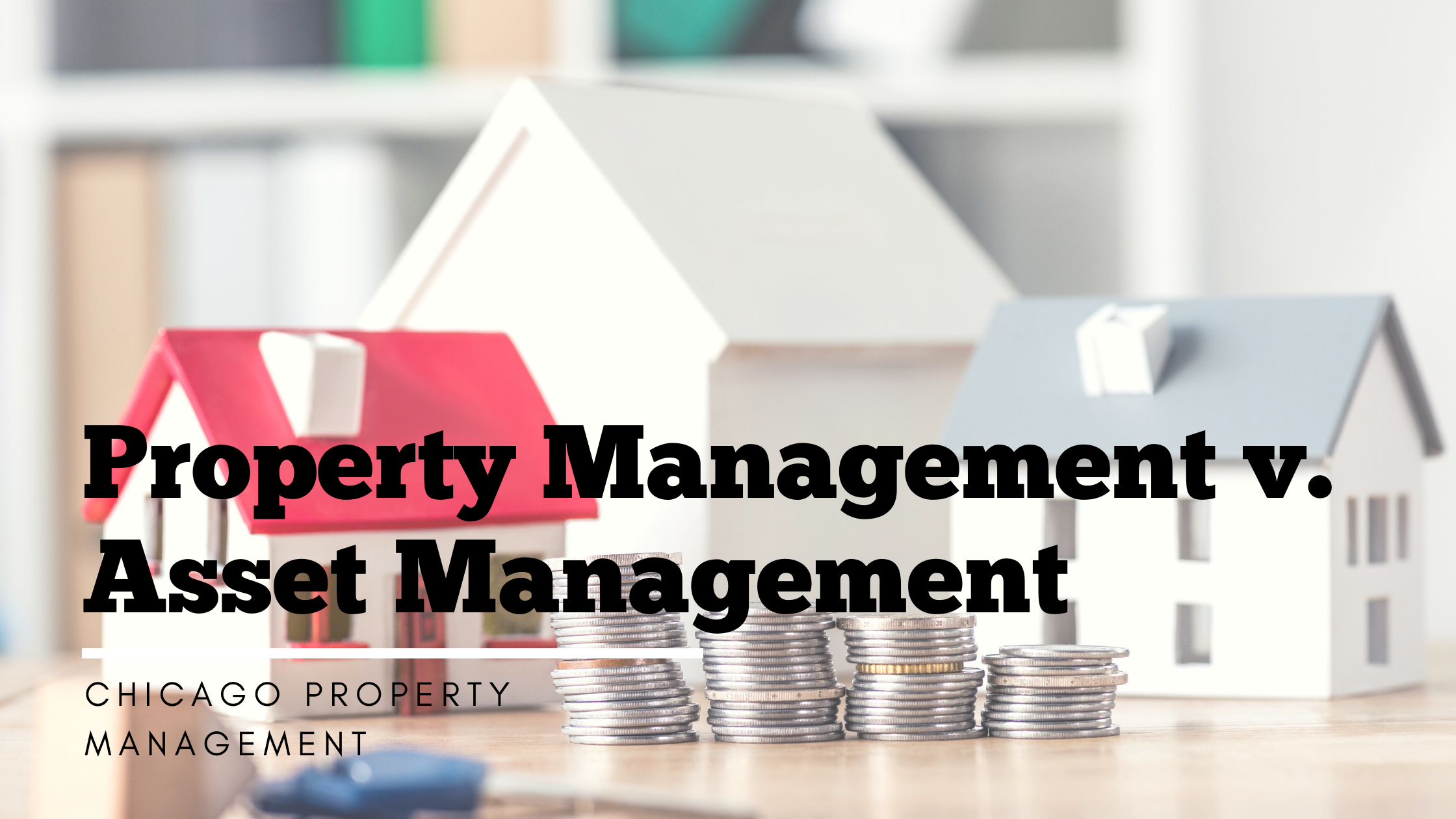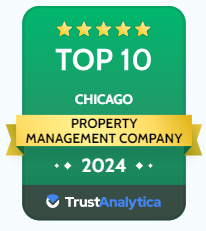Have you considered you may need a property manager or asset manager to help with your real estate investments and not be certain which one best suits your needs? What’s the difference between them?
To begin, asset management and property management are two different professions.
Asset Manager
An asset manager usually works for a full-time investor with a large and growing portfolio of rental properties. He looks for long term gain and studies the big picture. He focuses on financial matters and property value to help the investor gain the highest ROI possible on his investments.
An asset manager oversees the total portfolio by creating budgets, planning upgrades, reducing expenses and risks, finding growth opportunities, and handling acquisition and disposition. He is concerned with streamlining operations to reduce expenses of the entire portfolio instead of concentrating on the day-to-day issues of just one building.
Some of the duties of an asset manager include:
Creating capital and operating budgets spanning one to five years and other long term financial forecasts
Handling cash flow analysis to determine the assets financial performance
Doing due diligence for the acquisition of new properties
Determining the current value of the property and determining what can be done to increase the value
Working with lenders to provide resources for capital improvements and new investment opportunities
Managing cash flow for individual properties as well as the total portfolio
Doing market research to determine the long term profitability of a specific asset
Revising financial strategies as necessary
Asset managers are most concerned with financial matters rather than tenants and regular maintenance.
Property Manager
A property manager is primarily concerned with the daily operations of each specific property. Where an asset manager is overseeing the entire portfolio as a whole, the property manager is concerned with the details of each property.
Property managers are especially useful to landlords who own from one to multiple rental properties but who lack the needed expertise, live too far away, or have no time to handle the leasing, rent collection, and maintenance issues that are necessary.
Rental management responsibilities include:
Collecting the rent and following up on late rent or non-payment
Handling interior and exterior maintenance and repairs
Preparing estimates, scheduling repairs, and cleanup between tenants
Marketing a vacant property and finding qualified tenants
Drafting comprehensive lease agreements
Working with tenants to resolve lease and tenant issues
Enforcing the lease and other property rules and guidelines
Handling evictions and move-outs
Working with HUD agencies on behalf of the owner and subsidized tenants
Researching rental comparables to determine the best rent amount for maximum cash flow and lease renewals
Maintaining regular communication with the owner and tenant
Handling bookkeeping for all income and expenses plus preparing monthly financial statements
Paying invoices for maintenance, utilities, and other expenses
Doing property inspections
Having up-to-date knowledge of all landlord-tenant laws at the federal, state, and local levels. This protects the owner from housing discrimination lawsuits. Being current on COVID-19 rules and the rapid changes are vitally important right now.
Of all the things property managers do, rent collection is the most important. An owner needs to know the tenants are paying the rent so he has the ability to pay the mortgage, repairs, and insurance. Investors who try to take on this responsibility usually find it the most difficult and frustrating and quickly turn to a property manager for help.
Management fees for asset management are generally based on the total gross value of the assets to be managed. Property management fees are usually figured on a percentage of the rents.
Using the above lists of services for both the asset manager and the property manager, which one best suits your needs? Are you a full-time investor with a substantial portfolio of investment rental properties? Then you would best be served by an asset manager.
Or are you a smaller investor with only one or just a few properties and just not enough time to spend on the tenant issues, rent collections, and finding good vendors for repairs? Then a property manager will probably be the right choice.
MF Cashflow is a property management company in Chicago and suburbs specializing in the management of apartments and single-family homes. We know and understand the Chicago real estate market based on many years of working in these neighborhoods.
We know the properties, the tenants, and the many city ordinances. Our experience provides the knowledge to accurately price the rentals for maximum income, to make the required repairs, and to find and keep good tenants longer. Named in the Top 10 Best Property Management Companies in the Chicago suburbs we manage investment real estate with a focus on your cash flow and tenant retention.








